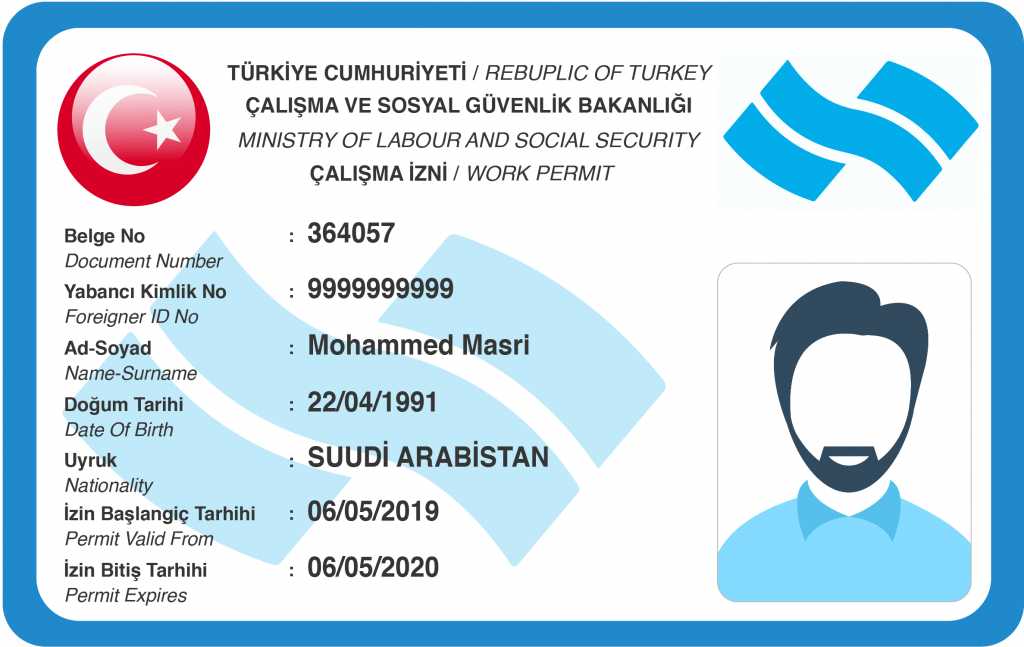Setting up a business in Turkey as a foreigner can be a difficult task, but it can also be a great opportunity to take advantage of the country’s expanding market and diverse economy. This guide will go over the steps you need to follow to register a business in Turkey, including the necessary documents, procedures, and any special considerations to take into account. Why register a company in Türkiye? Turkey is a popular destination for foreign investors due to its strategic geographical location, skilled workforce and business-friendly environment.
The country has a diverse economy that includes traditional sectors such as agriculture and manufacturing, as well as emerging industries such as technology and tourism. By registering a company in Turkey, you can take advantage of these opportunities and establish a presence in the country’s market. How to register a company in Türkiye? To register a business in Turkey as a foreigner, you need to follow these steps: Choosing a legal structure: There are several legal structures to choose from when registering a business in Turkey, including a limited liability company, a corporation or a branch office. Each structure has its advantages and disadvantages, so it is important to choose the one that best suits your needs and goals. Prepare the required documents: Before you can register your business, you will need to prepare a set of documents required by the authorities. These documents may include a business plan, articles of association, proof of address, and identification documents for the founders. Register with the Commercial Registry: The next step is to register your business with the Commercial Registry, a government agency responsible for registering and regulating businesses in Turkey. You can do this by submitting the required documents and paying the registration fee.
It is important to note that the regulations and procedures for registering a company in Turkey may vary depending on the sector of activity and the laws in force. Therefore, it is recommended to stay informed of the regulations in force and to seek help from the authorities or legal professionals if necessary. Additionally, it is crucial to comply with all laws and regulations in Turkey, including tax, labor laws, and environmental regulations, to avoid any legal or financial penalties.
In addition, it is also important to consider cultural and language barriers when starting a business in Turkey. Hiring a translator or cultural consultant can help you navigate the business environment and communicate effectively with local partners, suppliers and customers.




